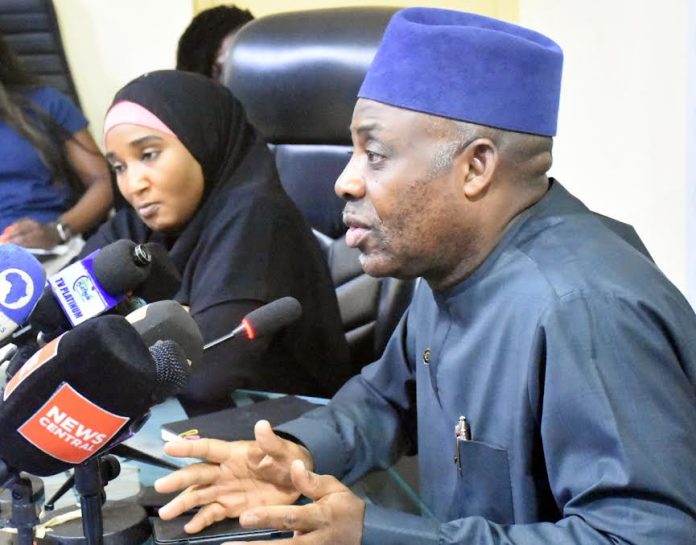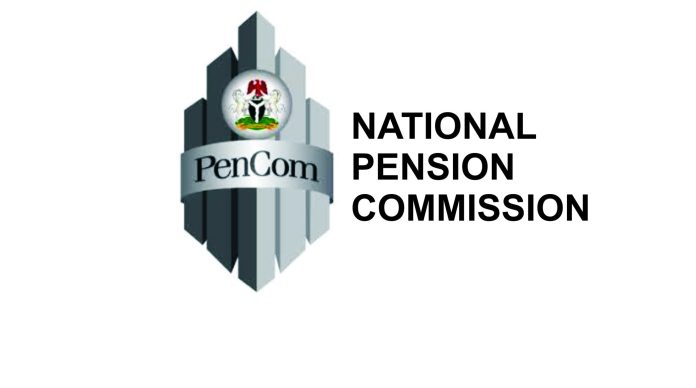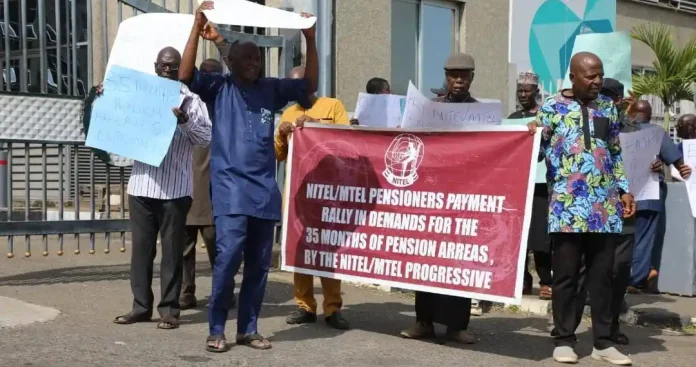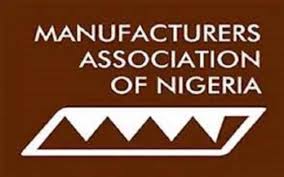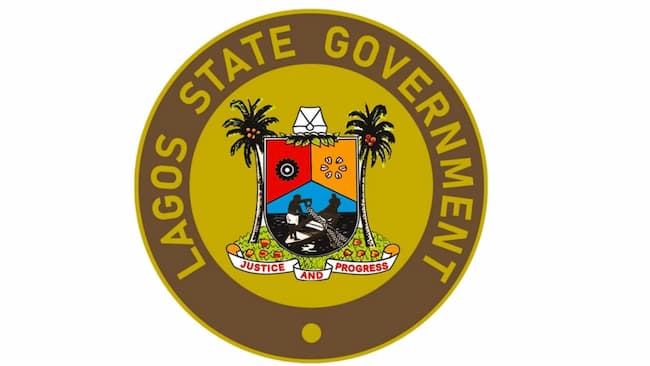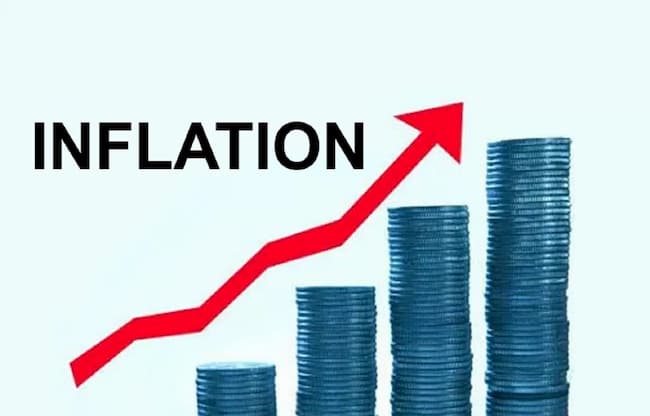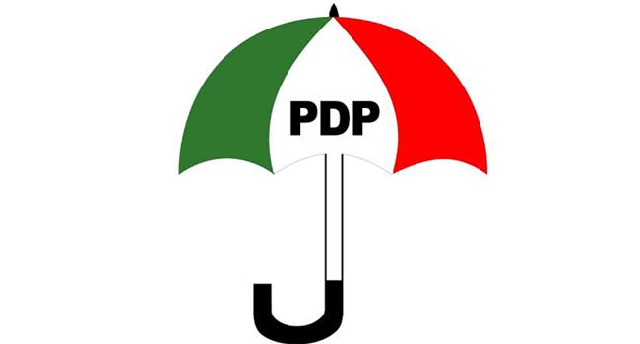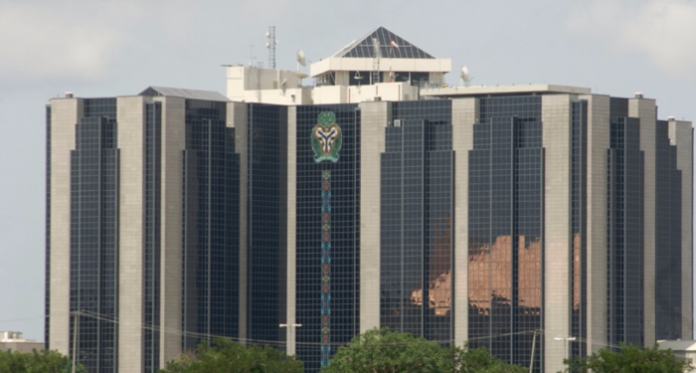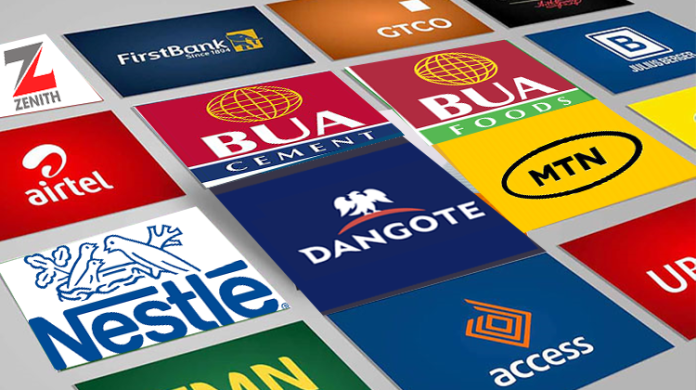Leaders in Nigeria’s film and creative sectors have called for a shift from high-volume production to quality-driven content to strengthen Nollywood’s global competitiveness. The statement was made during the 5th Peace Ayiam-Osigwe Digital Content Regulation Conference in Lagos, held in honour of the late filmmaker and industry icon.
The two-day event, themed “From Volume to Value: The Future of Nollywood in the Digital Age,” highlighted strategies to build a knowledge-driven, globally visible film ecosystem. Dr. Shaibu Husseini, Executive Director of the National Film and Video Censors Board (NFVCB), unveiled reforms aimed at improving digital monitoring, compliance, and film classification efficiency. He said approvals now take less than 24 hours, with some processed in as little as five hours, and warned that unclassified online content violates the NFVCB Act.
Representing the Ooni of Ife, Olori Tsemi Tokpe Enitan Ogunwusi stressed that cultural dignity and identity should remain central to Nigerian storytelling. She called for more support for young creatives, stronger intellectual property protection, and expanded digital infrastructure to enhance global reach.
Filmmaker Bolanle Austen-Peters highlighted structural challenges, including limited financing, weak infrastructure, and audience preferences, which push filmmakers toward high-volume production. She said quality content is achievable with stronger planning, script development, and long-term investment.
Ali Nuhu, Executive Director of the Nigerian Film Corporation, representing the Minister of Art, Culture and Creative Economy, reaffirmed government backing for policies promoting digital innovation, AI adoption, and broadband-powered distribution.
Panelists agreed on a unified approach to balance Nollywood’s output with cultural preservation, meaningful value creation, and globally competitive storytelling.














